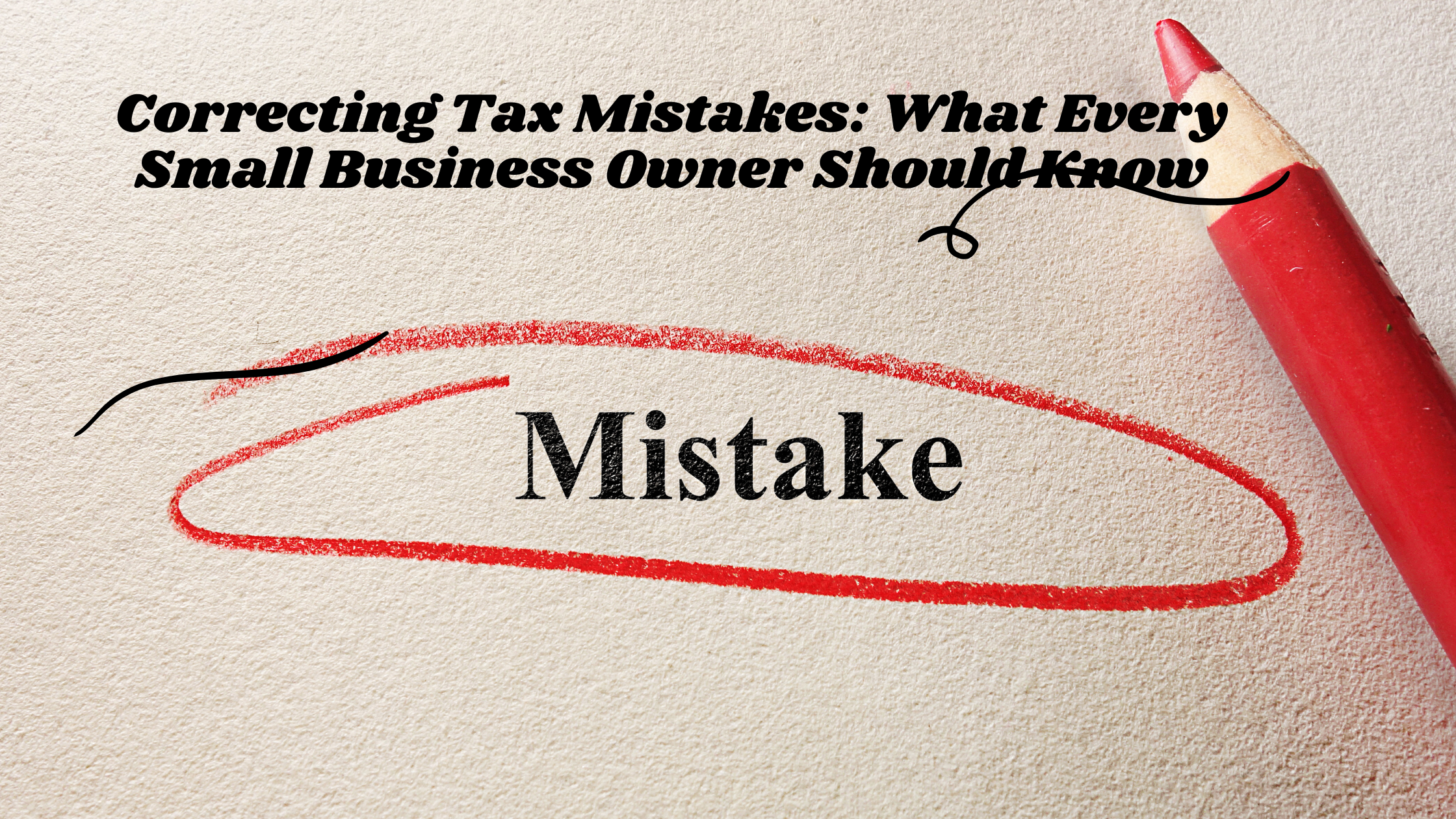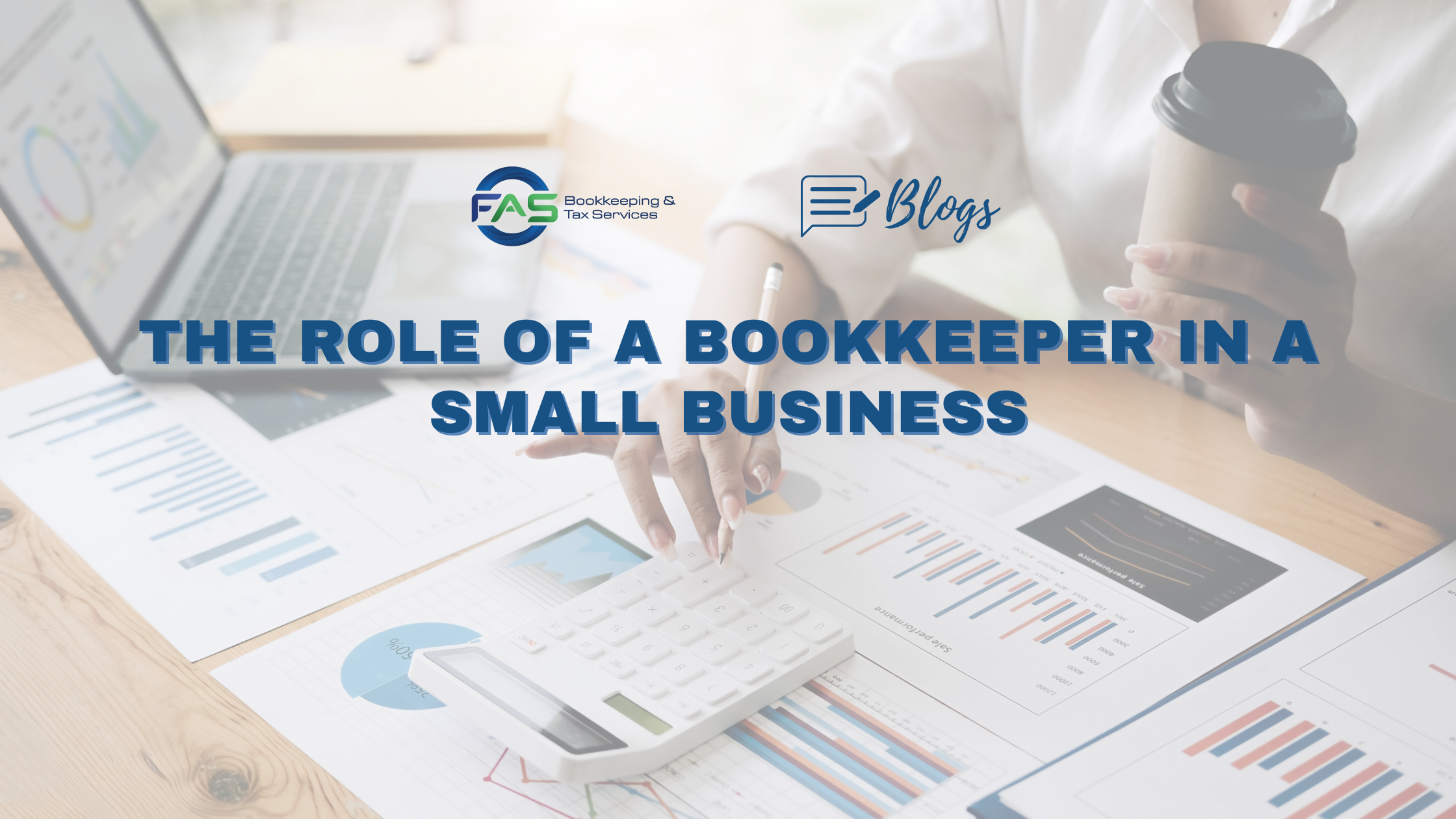The Role of a Bookkeeper in a Small Business
Running a small business is no small feat. Entrepreneurs often wear many hats, from managing operations to handling marketing, customer service, and everything in between. One crucial aspect that can make or break a business is its financial health. This is where a bookkeeper comes into play. A bookkeeper is not just someone who manages the books; they are the financial backbone of a small business, ensuring that all financial transactions are accurately recorded and organized.
What Does a Bookkeeper Do?
A bookkeeper’s primary role is to maintain the financial records of a business. This includes tracking all financial transactions, managing accounts payable and receivable, reconciling bank statements, and preparing financial reports. Here are some key tasks that a bookkeeper typically handles:
- Recording Financial Transactions: Every financial move made by the business, whether it’s a sale, a purchase, or an expense, is recorded by the bookkeeper. This includes maintaining a ledger of all transactions and ensuring they are categorized correctly.
- Managing Accounts Receivable and Payable: Bookkeepers keep track of what the business owes and what it is owed. They ensure that bills are paid on time and that the business receives payments from clients or customers.
- Reconciling Bank Statements: To ensure the accuracy of financial records, bookkeepers regularly reconcile bank statements with the business’s financial records. This helps identify any discrepancies and ensures that all transactions are accounted for.
- Preparing Financial Reports: Bookkeepers generate financial reports that provide a snapshot of the business’s financial health. These reports include profit and loss statements, balance sheets, and cash flow statements, which are essential for making informed business decisions.
- Handling Payroll: In many small businesses, the bookkeeper is also responsible for managing payroll. This includes calculating wages, withholding taxes, and ensuring employees are paid on time.
- Compliance and Tax Preparation: Bookkeepers help ensure that the business complies with all financial regulations and tax laws. They prepare records for tax filing and work with accountants to ensure that all tax obligations are met.
Why Is a Bookkeeper Important for a Small Business?
- Accuracy and Organization: Accurate financial records are essential for understanding the financial health of a business. A bookkeeper ensures that all transactions are recorded correctly and systematically, making it easier to track financial performance and identify potential issues.
- Time-Saving: Managing finances can be time-consuming. By delegating this task to a bookkeeper, business owners can focus on other important aspects of their business, such as growth and customer service.
- Financial Insights: Bookkeepers provide valuable financial insights through detailed reports. These insights help business owners make informed decisions, plan for the future, and develop strategies for growth.
- Compliance and Risk Management: Keeping up with financial regulations and tax laws can be challenging. A bookkeeper ensures that the business remains compliant, reducing the risk of penalties and legal issues.
- Cash Flow Management: Effective cash flow management is crucial for the sustainability of a small business. Bookkeepers help manage cash flow by tracking income and expenses, ensuring that the business has enough funds to meet its obligations.
How to Choose the Right Bookkeeper
Choosing the right bookkeeper is crucial for the success of a small business. Here are some tips to consider:
- Qualifications and Experience: Look for a bookkeeper with relevant qualifications and experience in your industry. They should have a solid understanding of accounting principles and financial regulations.
- Attention to Detail: A good bookkeeper must be detail-oriented and meticulous in their work. Accuracy is key when it comes to managing financial records.
- Technological Proficiency: In today’s digital age, bookkeepers should be proficient with accounting software and tools. Familiarity with software like QuickBooks, Xero, or FreshBooks is a plus.
- Communication Skills: Your bookkeeper should have strong communication skills. They should be able to explain financial information clearly and provide insights that help you make informed decisions.
- Trustworthiness: Trust is paramount when it comes to financial management. Ensure that your bookkeeper has a good reputation and can be trusted with sensitive financial information.
Conclusion
The role of a bookkeeper in a small business is indispensable. They ensure the accuracy of financial records, provide valuable insights, and help maintain compliance with financial regulations. By handling the financial aspects of the business, a bookkeeper allows business owners to focus on what they do best—running and growing their business. Investing in a skilled and trustworthy bookkeeper can make a significant difference in the long-term success of a small business.




